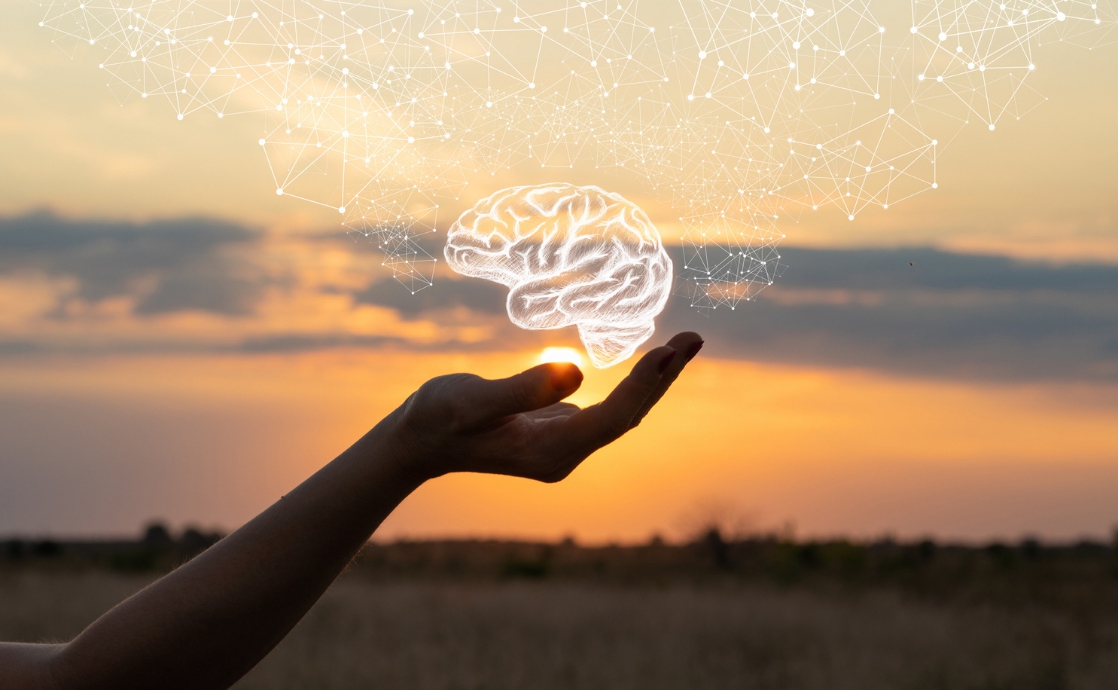The exploration of the human brain has captivated scholars, philosophers, and spiritual seekers throughout history. Among the various facets of its complexity, the concept of conscience remains a profound and intricate subject. The Bahá’i teachings provide valuable insights into the relationship between spirituality and the physical components of the brain, particularly with respect to conscience. This article endeavors to unravel the layers of understanding surrounding the cerebral localization of conscience and its implications within the Bahá’i framework.
To commence, the term “conscience” can be described as a cognitive faculty that aids individuals in distinguishing between right and wrong. It functions as an internal moral compass, guiding actions and decisions. Within the realm of neuroscience, ongoing research seeks to identify the specific neurological architectures associated with this intriguing capability. It is essential to acknowledge that while scientific inquiry offers valuable perspectives, the spiritual dimension provided by the Bahá’i teachings enriches understanding by integrating ethical considerations and a holistic approach to human behavior.
From a neurological standpoint, several areas of the brain have been implicated in the operations of conscience. The prefrontal cortex, often referred to as the center for higher-order thinking, plays a pivotal role in moral reasoning. Herein lies the capacity for self-reflection and ethical deliberation, facilitating an individual’s ability to scrutinize their intentions and the ramifications of their actions. Additionally, the anterior cingulate cortex—an area associated with emotional regulation—interacts with the prefrontal cortex to bolster moral judgement by integrating emotional responses into cognitive evaluations.
Moreover, the amygdala, known predominantly for its association with emotion, particularly fear, contributes to the formation of moral sentiments. This interplay between emotion and cognition underscores the multidimensional nature of conscience, as it is not merely a product of rational thought but rather a fusion of emotional awareness and ethical reasoning, resonant with the Bahá’i principle of the unity of scientific knowledge and spiritual truth.
In the Bahá’i view, conscience is not merely a neurological phenomenon; it serves a higher purpose that transcends the mechanistic explanations of science. In this paradigm, conscience is seen as a divine endowment, a spiritual capacity that reflects the innate moral instincts placed within each human being. The writings of Bahá’u’lláh emphasize the importance of nurturing and refining one’s conscience through moral and spiritual development. This amalgamation of spiritual and scientific perspectives presents a comprehensive understanding of conscience as a reflective and dynamic interaction between the brain’s biological substrates and the soul’s higher aspirations.
Transitioning further into the ethical implications of conscience reveals its substantial role in the articulation of social justice and moral responsibility. The Bahá’i teachings advocate for the cultivation of a personal conscience that aligns with universal principles of justice and equity. Such a consciousness is imperative, especially in contemporary society where ethical dilemmas abound. The teachings emphasize that individuals should not only consider the immediate consequences of their actions but also the broader impact on their communities and the world at large.
The importance of education in fostering a strong moral compass cannot be understated. The Bahá’i community places a premium on comprehensive education, wherein moral and spiritual teachings are interwoven with academic subjects. This holistic approach encourages individuals to develop a conscientious worldview, capable of navigating the complexities of human interaction and societal norms. Thus, an informed conscience is positioned as a catalyst for positive change, fostering a culture of compassion and moral integrity.
The engagement with conscience also invites discussions on the theme of moral relativism in the context of diverse cultural perspectives. The Bahá’i teachings assert that there is an underlying unity in moral truth, despite the variances highlighted by different cultures. The notion suggests that while expressions of conscience may diverge based on sociocultural contexts, the core principles advocating love, justice, and compassion remain universally applicable.
For individuals seeking to enhance their understanding of conscience, the Bahá’i writings provide guidance on reflective practices and inner contemplation. These methods encourage individuals to engage in introspection, to critically assess their motives, and to align their actions with their evolving understanding of moral integrity. Such spiritual exercises bolster the development of a finely attuned conscience, capable of discerning ethical complexities and making choices that resonate with noble principles.
Central to this discourse is the intrinsic connection between conscience and human behavior. An awakened conscience not only influences personal choices but also engenders communal harmony and unity. The Bahá’i teachings advocate for the promotion of a collective conscience, fostering a sense of shared responsibility among individuals, families, and communities. This interconnectedness suggests that the cultivation of individual conscience contributes to the broader societal fabric, inviting harmonious coexistence and mutual respect.
In conclusion, the exploration of conscience through both scientific and Bahá’i lenses elucidates its multifaceted nature. While the brain plays a crucial role in the manifestation of this capacity, the spiritual dimensions underscore the finer nuances of moral reasoning and ethical behavior. Ultimately, the teachings emphasize that developing a conscientious mind is not merely an intellectual exercise, but a profound journey towards spiritual maturation and social responsibility. Through the integration of knowledge and virtue, individuals are empowered to navigate life’s moral landscape with integrity, wisdom, and compassion.
